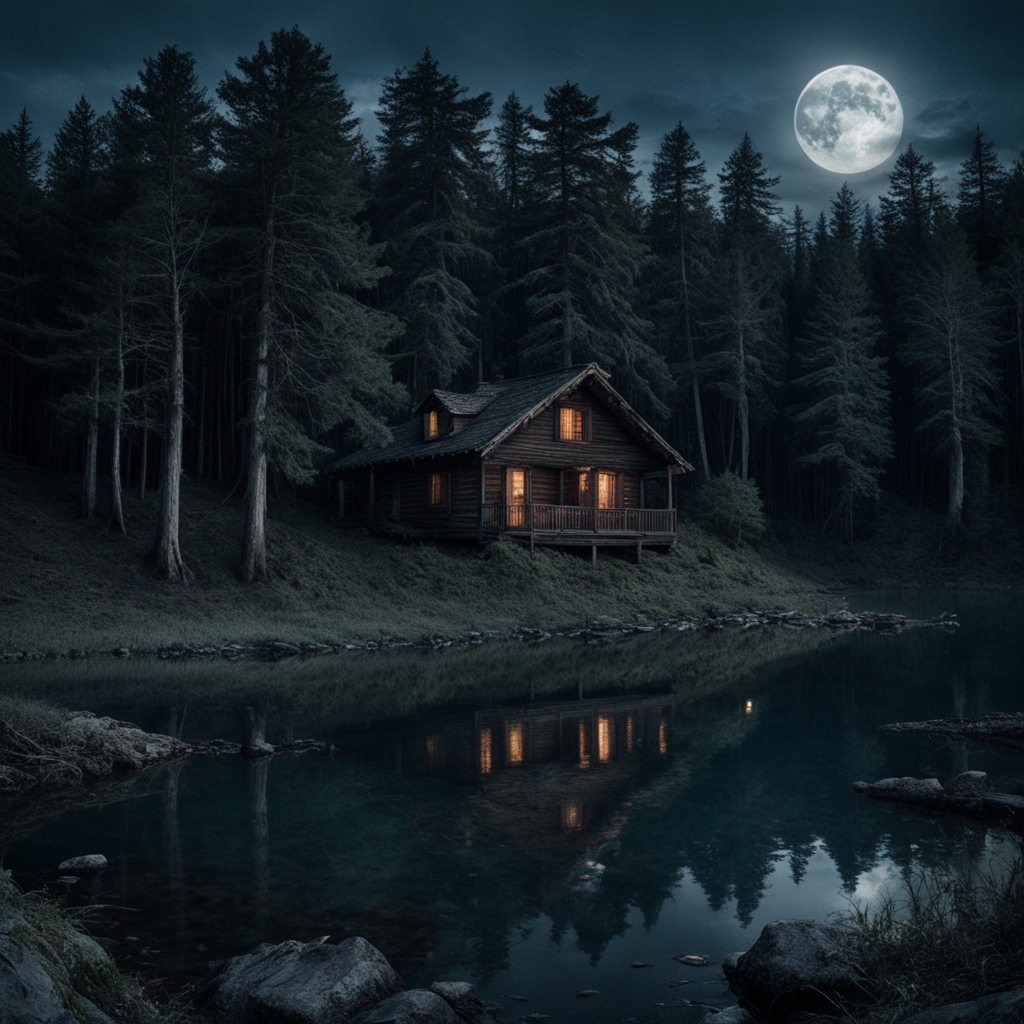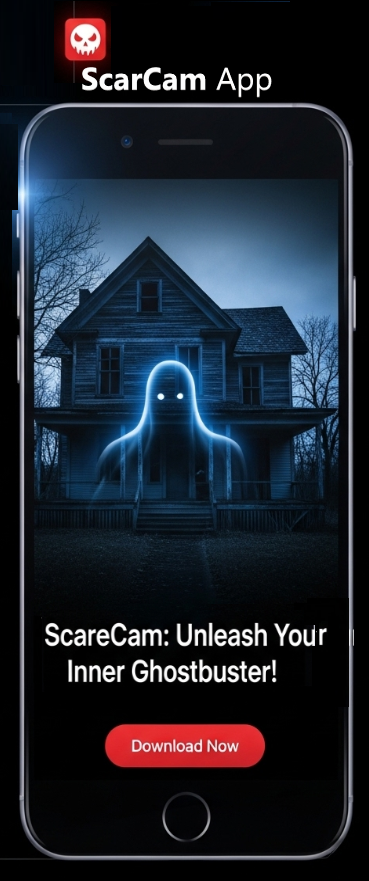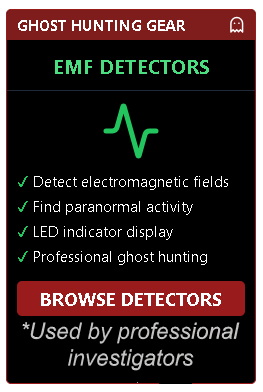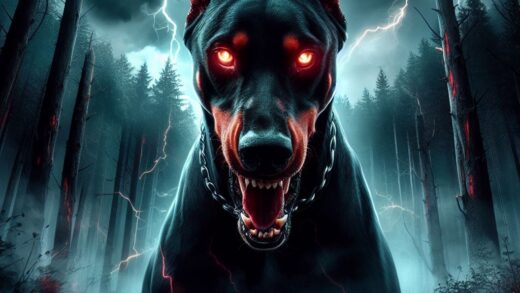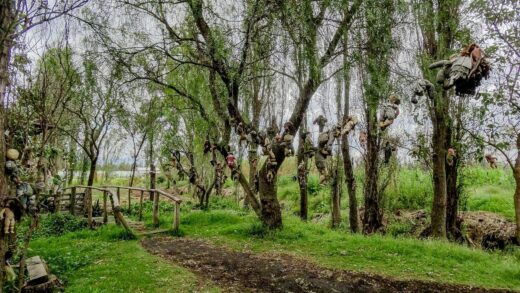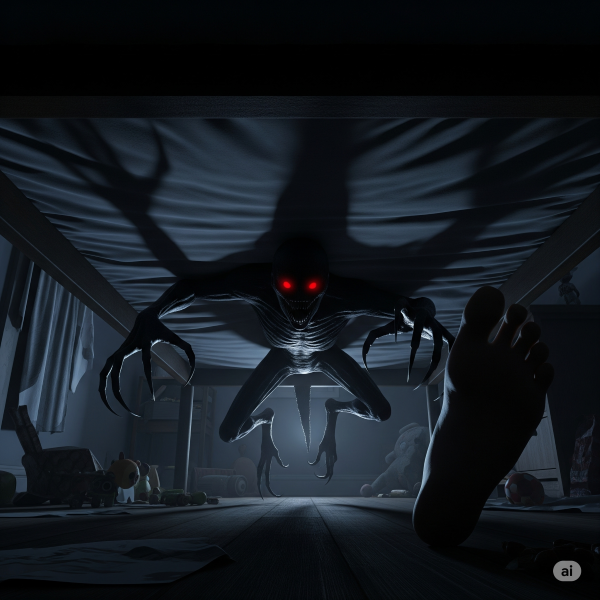
Tokoloshe Legend
They say it moves in darkness, just beyond sight—small, deformed, with eyes that burn red as embers. This is the Tokoloshe, the dwarf‑like horror whispered about in South Africa for generations.
Often blamed for sleep paralysis, sudden illness, or even unexplained death, its legend is woven into homes, rituals, and the nighttime precautions of countless families.
Have you heard of it?
Tonight, we delve deep into its origins, its sightings, and whether this is supernatural evil—or something more human in origin.
Folklore Roots
The Tokoloshe originates from Zulu and Xhosa folklore, though its story varies across tribes. It’s typically described as a malevolent water sprite or impish troublemaker summoned by witchdoctors to harm enemies or intruders.
- Typical traits: small stature, red-glowing eyes, hairy or reptilian skin, and sometimes backwards-facing feet.
- Behavior: It’s blamed for nightmares, unexplained ailments, and even child disappearances.
Colonial & Postcolonial Amplifications
With colonial influence, the Tokoloshe myth spread and even adapted—blended with Christian devil imagery. Missionary reports and early anthropological studies amplified the legend through sensationalized retellings.
Real Reasons People Fear the Tokoloshe
Many “Tokoloshe attacks” coincide with episodes of sleep paralysis: when one wakes unable to move, sometimes sensing a presence or seeing shadows. Across cultures, this is commonly interpreted as a malicious spirit pressing on the chest.
Sudden Illness & Poison Fears
Before modern medicine, unexplained fevers or convulsions were often attributed to spiritual causes. In rural areas without clear diagnosis, the Tokoloshe became a scapegoat for mysterious ailments.
Cultural Practices to Avoid Its Wrath
Beds on Bricks
A famous preventive measure: stacking your bed on bricks or stones. It’s believed that the Tokoloshe can only reach ankle‑height—so elevated beds are thought to be safe.
Amulets & Protection
Some carry protective charms, invoke ancestral spirits, or seek help from traditional healers (known as sangomas or inyangas) to counter curses or malevolent spirits.
House & Water Remedies
Regulated use of stream or river cleansing, burning sage-like plants, or performing prayers and rituals serve as spiritual sanitization.
Modern Sightings & Pop Culture
Eyewitness Accounts
Even today, stories emerge:
“I woke up to a small creature standing by my bed… it had glowing eyes. I couldn’t move or scream.”
These experiences often share classic signs of sleep paralysis—yet interpreted through cultural lens.
Media & Entertainment
The Tokoloshe appears in horror movies, TV series, and even comic books from South Africa—cementing its place in the region’s horror canon.
Rational Explanations
- Sleep science: Sleep paralysis is well-documented.
- Psychology of fear: Expectations and cultural beliefs shape experiences.
- Confirmation bias: When people expect evil spirits, ambiguous rashes, noises, or bad dreams get filtered through that lens.
Safety Tips & Practical Advice
- Treat sleep paralysis medically: Improve sleep hygiene, reduce stress, consult a doctor.
- Elevate beds if it gives peace of mind: While purely symbolic, the bricks method may ease anxiety.
- Blend traditional and modern healing: Many find comfort in using both sangomas and medical professionals.
- Debunk myths with respect: Acknowledge cultural origins—even while offering rational explanations.
Why the Legend Persists
- Cultural cohesion: Shared stories reinforce group beliefs.
- Place of the unknown: Before science, folklore helped explain sudden trauma.
- Comfort in ritual: Defensive rituals provide psychological control in uncertain times.
The Tokoloshe remains a chilling figure in South African folklore—its legend intertwines with fear, illness, ritual, and the cultural lens through which people interpret the unknown. While science frames it as sleep paralysis or psychosomatic illness, the spirit’s legacy endures in hearts and stories.
You don’t need to lay bricks under your bed to stay secure—but if the legend gives you pause, a little nightlight goes a long way.
